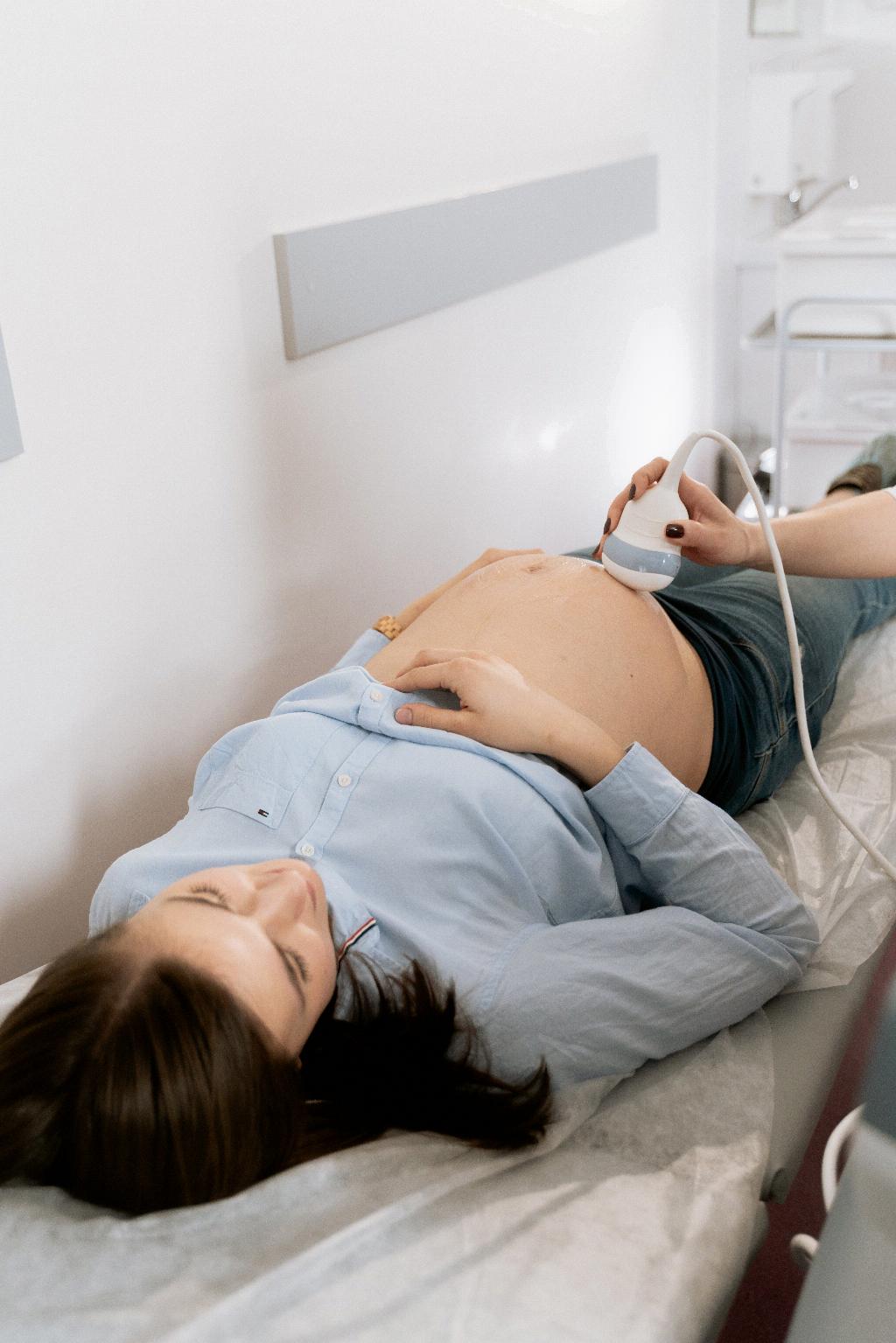Experiencing extreme fatigue and sleepiness at 36 weeks pregnant can be concerning, but it is a common issue many expectant mothers face during this stage of pregnancy. The reasons behind this exhaustion can be attributed to a variety of factors, each playing a role in how you feel as you approach the end of your pregnancy journey.
Hormonal Changes and Their Impact
One significant contributor to your fatigue at 36 weeks pregnant is the hormonal changes occurring in your body. As you near the end of your pregnancy, your hormone levels, including progesterone and estrogen, fluctuate rapidly, which can leave you feeling more tired than usual.
Physical Strain of Pregnancy
Carrying a baby for nine months takes a significant toll on your body. By the time you reach 36 weeks, your baby is rapidly growing and gaining weight, placing extra strain on your muscles and joints. This physical strain can contribute to feelings of extreme fatigue and difficulty in getting quality sleep.
Lack of Quality Sleep
As your due date approaches, finding a comfortable sleeping position can be challenging. Many expectant mothers struggle with insomnia or disrupted sleep patterns due to physical discomfort, frequent trips to the bathroom, or general anxiety about the impending labor. This lack of quality sleep can leave you feeling excessively tired during the day.
Final Growth Spurt of the Baby
At 36 weeks pregnant, your baby is going through a final growth spurt before birth. This increased demand for nutrients and energy can leave you feeling more fatigued as your body works to provide for your baby’s needs. It’s essential to listen to your body and rest when necessary to support your baby’s healthy development.
Emotional Stress and Mental Fatigue
Aside from physical factors, the emotional stress and mental fatigue of preparing for motherhood and the arrival of your baby can also contribute to feeling tired and sleepy at 36 weeks pregnant. It is entirely normal to feel overwhelmed, anxious, or emotionally drained during this period, which can impact your energy levels.
Iron Deficiency and Anemia
During pregnancy, many women experience iron deficiency or anemia, which can exacerbate feelings of fatigue and weakness. If you suspect that your tiredness is more severe than expected, it is crucial to consult with your healthcare provider to assess your iron levels and determine if supplementation is necessary.
Dealing with Physical Discomfort
The physical changes your body undergoes during the third trimester, such as back pain, pelvic pressure, and swelling, can make it challenging to move comfortably and get adequate rest. Prioritizing self-care, using support pillows, and engaging in gentle exercises or prenatal yoga can help alleviate discomfort and improve your sleep quality.
Water Retention and Swelling
Water retention and swelling, common symptoms in late pregnancy, can lead to physical discomfort and difficulty in getting quality sleep. Elevating your legs, staying hydrated, and avoiding excessive salt intake can help reduce swelling and promote better circulation, potentially enhancing your energy levels.
Listen to Your Body
As you navigate the challenges of extreme fatigue and sleepiness at 36 weeks pregnant, it is essential to listen to your body’s cues and prioritize rest and relaxation. Taking short naps during the day, practicing mindfulness or meditation, and seeking support from your partner or loved ones can help you recharge and cope with the demands of late pregnancy.
Prepare for Labor and Delivery
While feeling tired and sleepy at 36 weeks pregnant is normal, it is crucial to prepare for the upcoming labor and delivery. Creating a birth plan, attending childbirth classes, and discussing your concerns with your healthcare provider can help alleviate anxiety and ensure you are ready for the arrival of your baby.
Seek Support and Assistance
Remember that it is okay to ask for help and support during this challenging time. Whether it’s delegating household tasks, seeking emotional support from friends and family, or discussing your feelings with a healthcare provider, reaching out for assistance can lighten your load and improve your overall well-being.
Conclusion
In conclusion, feeling tired and sleepy at 36 weeks pregnant is a common experience for many expectant mothers. By understanding the various factors contributing to your fatigue, practicing self-care, and seeking assistance when needed, you can navigate this final stage of pregnancy with resilience and prepare for the exciting journey of motherhood ahead.

